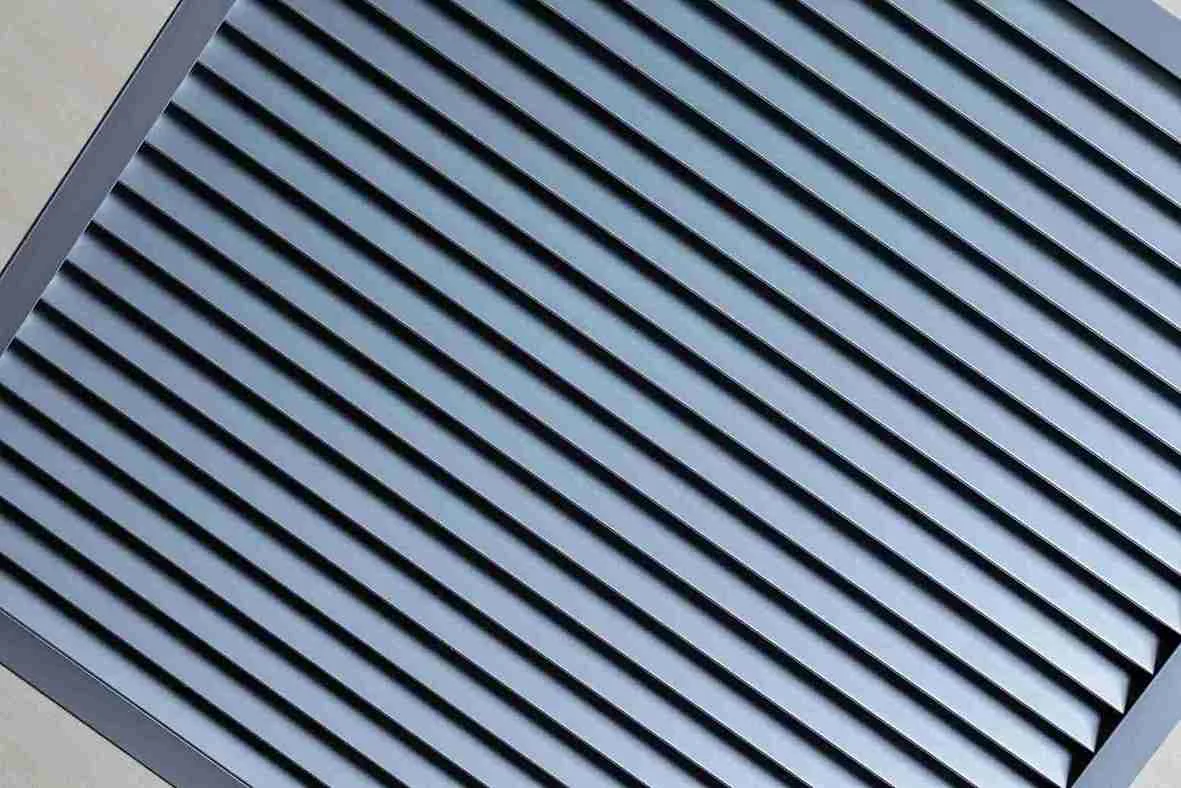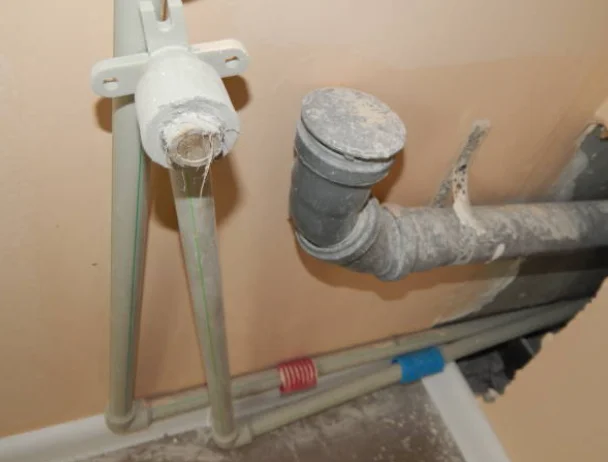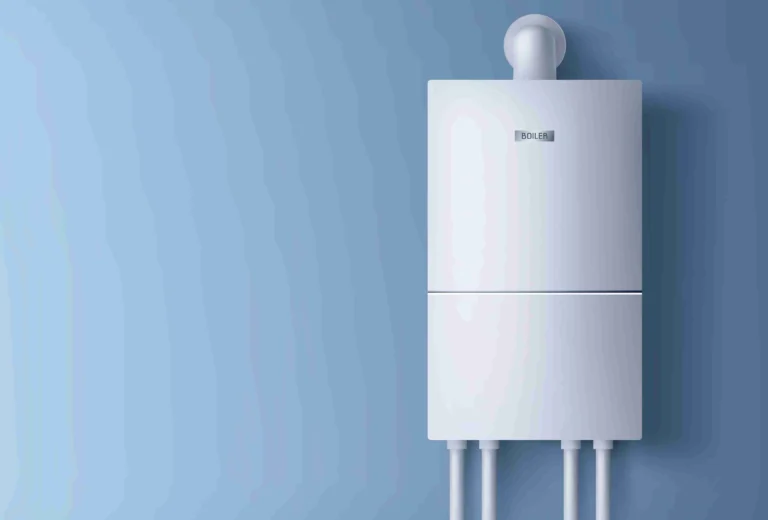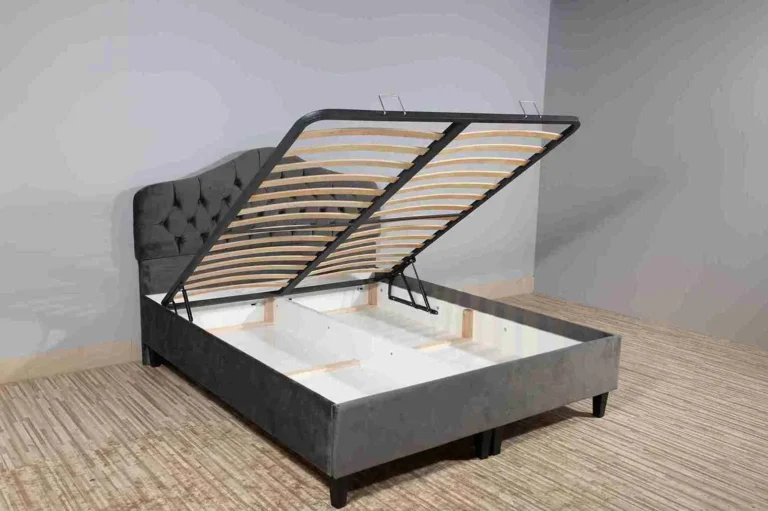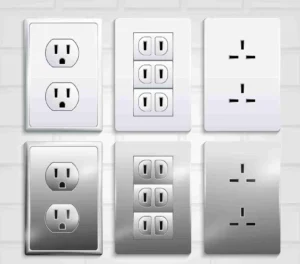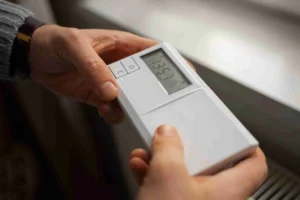A leaky evaporator coil is a common problem that many homeowners face when using air conditioners. It can cause significant inconvenience, especially during warmer months when a working AC is essential. As the evaporator coils are responsible for cooling the air, a leak can decrease the energy efficiency of the system, leading to a bump in your running cost.
Over time, this damage can become a costly repair if left unaddressed. To avoid unnecessary repair costs, it’s crucial to address the issue as soon as you spot it, and seek a reputable air conditioning service in your surrounding areas.
How to Stop Your AC Coil from Leaking? – The Short Answer
Temporary Fix: Add refrigerant as a short-term solution, but it’s costly and can lead to more damage.
Sealant: Apply sealant to small-to-moderate leaks for a temporary fix, though it may require multiple applications.
Replace the Coil: The best long-term solution is to replace the evaporator coil, which improves efficiency and reduces energy costs.
Routine Maintenance: Regular maintenance can help catch early signs of leaks, preventing costly repairs and ensuring optimal performance.
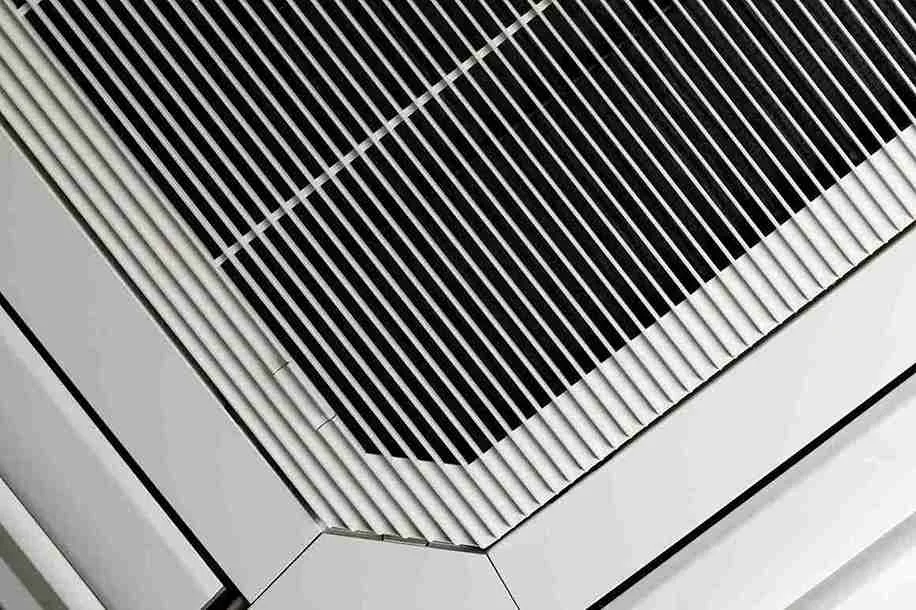
Why Leaks Happen and How to Prevent Them
The evaporator coils in an air conditioner contain refrigerant that absorbs heat from the air as it passes over the coils. Over time, the copper pipes inside these coils can deteriorate, causing a coil leak. The best way to prevent such leaks is through routine coil maintenance, which is vital for keeping your air conditioner running smoothly and efficiently throughout its lifespan.
Reaching out to a professional technician to check the coils regularly can save you from costly repairs down the road. Understanding the causes of leaks and how to handle them can also help you avoid diminished cooling efficiency and potential health risks associated with refrigerant exposure.
What Causes an AC Evaporator Coil to Leak?
Leaky evaporator coils are a common issue caused by moisture interacting with the copper tubing. As the system cools the indoor air, water condenses on the coil, and over time, it causes corrosion, often due to formic acid formed by reactions with volatile organic compounds (VOCs) in the air.
Vibrations from the air conditioners, especially in old units, can also lead to holes in the copper tubing. This weakens the coil, causing refrigerant to leak and affecting cooling efficiency. Pet urine, mold, and biofilm can further contribute to corrosion, while clogs in the drain line may cause water to spill from the coils.
Identifying the cause, whether it’s corrosion, vibrations, or clogs, is essential. Often, coil replacement is necessary, and working with professionals like Action AC for repairs or new installations is recommended.
How to Tell if Your Evaporator Coil is Leaking
If your AC is taking longer to cool down the air and you notice that the airflow is weaker than usual, it could be a sign that your evaporator coil is leaking or corroded. Another indicator is frequent refrigerant fill-ups; this is unusual because your AC doesn’t normally consume refrigerant. If you’re finding yourself constantly needing to refill the refrigerant, it’s likely your evaporator coil is the culprit. In such cases, it’s crucial to call in HVAC technicians who can properly inspect your unit.
An insured, qualified, and certified technician can identify the underlying source of the air conditioner problem and offer the best fix. Often, an AC diagnostic or regular maintenance check-up will reveal a problem that you might not have suspected, which could save you from costly repairs. If your unit is inspected and serviced at least once a year, you can prevent major issues and extend the life of your evaporator coils and condenser coil.
The Impact of Coil Corrosion on Your AC Unit
When corrosion affects the copper pipes of your air conditioner, even a tiny hole can lead to a coil leak, causing the refrigerant to escape. This is not just an inconvenience; the gas escaping can be toxic, posing risks to your health. As the evaporator coil is essential for cooling your home, a leaking coil can directly impact the air conditioner’s ability to function properly. The AC unit will struggle to cool your home, and without the necessary refrigerant, the condenser won’t be able to maintain the required pressure to keep everything running smoothly.
If the refrigerant leaks out, the condenser might not even turn on, leaving you without air conditioning. In my experience, when these issues are left unchecked, they can quickly escalate, leading to costly repairs or replacements. It’s important to address any signs of damage early to prevent further issues with your AC unit.
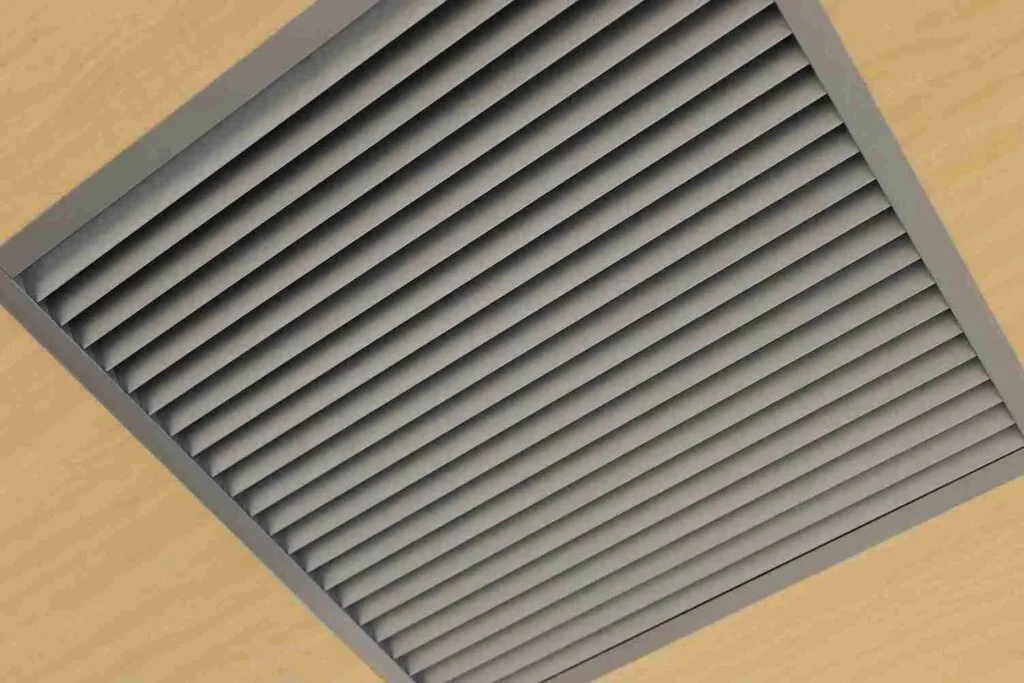
4 Signs Your AC Evaporator Coil Could Be Damaged
If you suspect a leak in your AC evaporator coil, it’s essential to look out for some common signs that indicate an issue with your air conditioner. These warning signs can help you detect a problem early, allowing you to address it before it worsens. Here are a few key points to help you spot potential trouble:
- Weak airflow: One of the first signs that something’s wrong is a weak airflow coming from the vents. If you notice that your air conditioner is struggling to push out air, this could be due to a refrigerant leak or an issue with the coil.
- Warm air blowing: When the air conditioner isn’t able to cool properly, it may start blowing warm air instead of cold air. This is usually because the coil isn’t functioning as it should, and it’s a critical indicator of a problem with your unit.
- Inconsistent temperature: If your AC isn’t producing cold air at a consistent temperature, it may be time for an investigation. A damaged evaporator coil may prevent the unit from maintaining a stable, cool environment, and refrigerant pressure might be low.
- Compressor failure: A compressor that doesn’t activate properly or fails to run can signal that your AC has insufficient refrigerant due to a leak. Without the right refrigerant pressure, the coil cannot perform its job, and the whole system may fail.
If you observe any of these difficulties, you should contact an HVAC specialist to investigate. A quick repair or refill of the refrigerant might be necessary to restore your air conditioner’s performance. Addressing these signs early can help prevent more extensive damage and costly repairs.
How to Stop Your AC Coil from Leaking?
If your air conditioner has a leaky evaporator coil, it can cause significant problems for your AC system. Leaks in the evaporator coil lead to a loss of refrigerant, which is essential for cooling. Here’s a guide on how to tackle this issue and keep your air conditioning system running smoothly.
1. Temporary Fix: Add More Refrigerant
One of the most common ways to address a leaky evaporator coil is by adding refrigerant to the system. This is a temporary fix that can keep your air conditioner working for a while, but it’s important to note that it’s not a long-term solution. Continuously adding refrigerant can become expensive in the long run, especially if the leak isn’t repaired. Furthermore, refrigerant leaks can cause internal damage to the system, resulting in even more expensive repairs.
2. Use a Sealant to Prevent and Repair Leaks
Another way to tackle a leaky evaporator coil is by applying a sealant. This method involves using a special sealant designed to flow through the coils and copper lines, seeking out and sealing any leaks. The sealant can be a good option if you’re dealing with small to moderate leaks, but it’s not guaranteed to be effective. The chance of success can vary, and multiple applications may be required. While it’s an affordable, short-term fix, it can help prevent leaks from worsening.
3. Replace the Evaporator Coil
The best and most permanent way to stop your AC from leaking is to replace the evaporator coil. If your evaporator coil is still under warranty, this would be the best choice, as it minimizes the risk of expensive repairs in the future. Even if the coil is no longer under warranty, investing in a new evaporator coil will improve the overall efficiency of your air conditioner and help reduce energy costs over time. By paying for a new coil now, you’ll save money in the long term, making it a smart move for both performance and energy costs.
4. Keep Your System Maintained
The first step in avoiding leaks in your air conditioning system is routine maintenance. Ensure that the soldered joints, evaporators, and condensers are checked periodically for signs of wear and tear. Catching any issues early can help prevent expensive repairs and ensure that your air conditioner is running at its best.
Call Experts for Quick Solutions
If an evaporator coil leak occurs, it can create a significant problem that needs immediate attention. That’s when it’s time to call in the experts for repair. At David Gray, a family-owned company serving residents across Florida since 1983, we understand the importance of preventive measures to avoid costly repairs.
With honest, upfront pricing, and fast, friendly service, our highly rated technicians are always ready to solve the issue swiftly. We offer free estimates and always ensure that our services are delivered with the highest level of professionalism. We guarantee peace of mind, knowing that your system will be in the hands of courteous and skilled technicians who take pride in their work.

